John Wayne is one of the defining movie stars of the 20th century, but his career is filled with missed opportunities. “The Duke” had a signature swagger and commanding presence that saw him star in numerous iconic roles across Wayne’s impressive movie career. However, the same decisive character and spirited beliefs that allowed Wayne to resonate with film-going audiences also caused the star to turn down some of the most memorable film roles in history.
John Wayne was a fervent patriot, a staunch traditionalist, and a stubborn holder of grudges. While The Duke turned in memorable performances in many films that speak to fairly straightforward values and themes, his reluctance to embrace some of the more subversive filmmaking that began to emerge in the latter part of the 20th century, as well as his own interpersonal issues, led to his missing out on some of the most significant films of the era. However, Wayne’s instincts sometimes served him well, saving the actor from appearing in historic failures that would have left a blot on his filmography.
10Lonesome Dove (1989)
![A man and a woman talking in Lonesome Dove]()
The miniseries Lonesome Dove began as a film script in 1972 when Last Picture Show collaborators Larry McMurtrey and Peter Bogdanovich were given the green light to develop a Western. The project, following a group of retired Texas Rangers on a cattle drive in the closing years of the West, was then titled Streets of La Toredo; it would have starred Wayne alongside two other legendary 20th-century actors, James Stewart and Henry Fonda. However, Wayne turned down the role, and the film soon fell apart. Lonesome Dove was a hugely successful miniseries starring Robert Duvall and Tommy Lee Jones, winning seven Emmys in 1989.
91941 (1979)
![Robert Stack and Dan Aykroyd in 1941]()
When Steven Spielberg was making the war comedy 1941, about a mass of hysterical Californians preparing for a Japanese invasion following Pearl Harbor, the director personally approached John Wayne for the part of the gentle-hearted General Stillwell. However, the day after receiving the script, Wayne reportedly phoned Spielberg, urging him not to make the film. Wayne called the film “un-American” and told Spielberg, “Don’t joke about World War II” (via Outsider). Spielberg went on to make the film, casting Wayne’s High and Mighty co-star Robert Stack in the role. Yet Wayne may have had a point; 1941 was poorly reviewed and is now considered one of Spielberg’s worst movies.
8Heaven’s Gate (1980)
![Heaven's Gate]()
Wayne was originally offered the lead role of Sheriff James Averill in Heaven’s Gate, which would eventually go to the much younger Kris Kristofferson. The film is loosely based on the Johnson County War, a real historical event touched upon in another John Wayne film, Chisum. Whatever Wayne’s reasons for refusing the role, he certainly made the right decision, with the disastrous production apparently plagued by numerous reshoots, cost overruns and the dictatorial streak of its director, Michael Cimino. Heaven’s Gate was a notorious box office disaster, sinking its studio, United Artists, and considered a fatal blow to auteur-driven studio projects in Hollywood.
7The Gunfighter (1950)
![Gregory Peck as Jimmy Ringo in The Gunfighter]()
This acclaimed classic Western follows a haunted gunslinger who seeks out his estranged wife in a small town, only to find violence around every corner. The role of the titular gunfighter, Jimmy Ringo, was written with John Wayne in mind, but Wayne’s attachment fell apart when rights to the film were purchased by Columbia Pictures, with whose president Wayne had an ongoing feud. Ironically, the script would eventually be released from Columbia Pictures, purchased by Twentieth Century Fox, where Gregory Peck was cast in the lead. John Wayne’s last film, The Shootist, shares several thematic and narrative elements with The Gunfighter.
6All The King’s Men (1949)
![Mercedes McCambridge in All The King's Men]()
The film adaptation of a Pulitzer Prize-winning novel, All The King’s Men, tells the story of a corrupt politician’s rise and fall. Wayne was offered the lead role of politician Willy Stark. However, as he would later do with Spielberg’s 1941, Wayne turned down the film for being unpatriotic. In a searing letter to his agent, who sent Wayne the script, The Duke stated the film “smears the machinery of government for no purpose of humor or enlightenment” (via Cheatsheet). The role eventually went to Broderick Crawford, who would win the 1949 Academy Award for best actor, beating out John Wayne in The Sands of Iwo Jima.
5Dr. Strangelove (1964)
![Slim Pickens as Major Kong in Dr Strangelove]()
In Stanley Kubrick’s satirical Cold War masterpiece Dr. Strangelove, the part of B-52 bomber pilot Major T.J. “King” Kong – responsible for the iconic visual in which a man straddles an atomic bomb, waving his hat as it sails into Russian territory – was initially offered to John Wayne. Screenwriter Terry Southern initially wrote the part with Wayne in mind, but when Kubrick reached out to The Duke, he never heard back. Wayne was already committed to three films in 1963-4 and Kubrick, who was not yet the universally acclaimed director, was apparently not worth Wayne’s time. The part of Kong would eventually go to another Western actor, Slim Pickens.
4The Dirty Dozen (1967)
![Lee Marvin in a military uniform in The Dirty Dozen]()
This World War II film sees an army major charged with leading a group of convicted murderers on a suicide mission ahead of the Normandy landings. The starring role of Major John Reisman was offered to John Wayne. Wayne objected to the character being an adulterer, so that section of the script was removed. However, The Duke still passed, likely due to the film’s shooting dates running too close to the due date of his pregnant wife, Pilar. Lee Marvin played Major Reisman, and Wayne starred in another war picture, the extremely financially successful The Green Berets.
3Dirty Harry (1971)
![Clint Eastwood in Dirty Harry]()
The title role of the gritty San Francisco cop Harry Callahan in Dirty Harry was initially offered to Frank Sinatra, who passed. Wayne was then offered the role but also refused because he didn’t wish to take a part that Sinatra had turned down. However, the film’s eventual massive success with star Clint Eastwood caused Wayne to regret his decision, with The Duke even telling his biographer (via Far Out), “I made a mistake with that one.” Wayne’s regret would push him to star in two Dirty Harry rip-offs in subsequent years without much success.
2Blazing Saddles (1974)
![Gene Wilder and Cleavon Little in a police station in Blazing Saddles]()
Widely considered the greatest Western comedy of all time, Blazing Saddles’ story of a black sheriff hired to run a racist frontier town was miles ahead of its time. The crude, subversive, self-aware film initially sought to cast John Wayne; conflicting reports suggest that Wayne was intended for either the role of gunslinger Jim, eventually played by Gene Wilder, or for the henchman Taggart, played by Slim Pickens, who had replaced Wayne once before in Dr. Strangelove. While The Duke refused the role, he nevertheless endorsed the script, stating (via Yukon-News): “I can’t be in this picture. It’s too dirty, but I’ll be the first in line to see it”.
1High Noon (1952)
![Gary Cooper dressed as a cowboy in High Noon]()
High Noon‘s tense real-time drama follows a town marshal’s increasingly desperate pleas for help fighting the gang of killers who have promised to shoot him dead at noon. John Wayne was initially offered the leading role of marshal Will Kane, but turned it down with a vicious, familiar rebuke, calling it (via The Guardian) “the most un-American thing I’ve ever seen in my whole life.” Now considered one of the greatest Westerns of all time, High Noon won its eventual star Gary Cooper an Oscar. Cooper, unable to attend, asked Wayne to accept the award on his behalf.


 Entertainment1 year ago
Entertainment1 year ago
 Entertainment1 year ago
Entertainment1 year ago
 Entertainment1 year ago
Entertainment1 year ago
 Entertainment1 year ago
Entertainment1 year ago
 Entertainment1 year ago
Entertainment1 year ago
 Entertainment1 year ago
Entertainment1 year ago
 Entertainment1 year ago
Entertainment1 year ago
 Entertainment1 year ago
Entertainment1 year ago
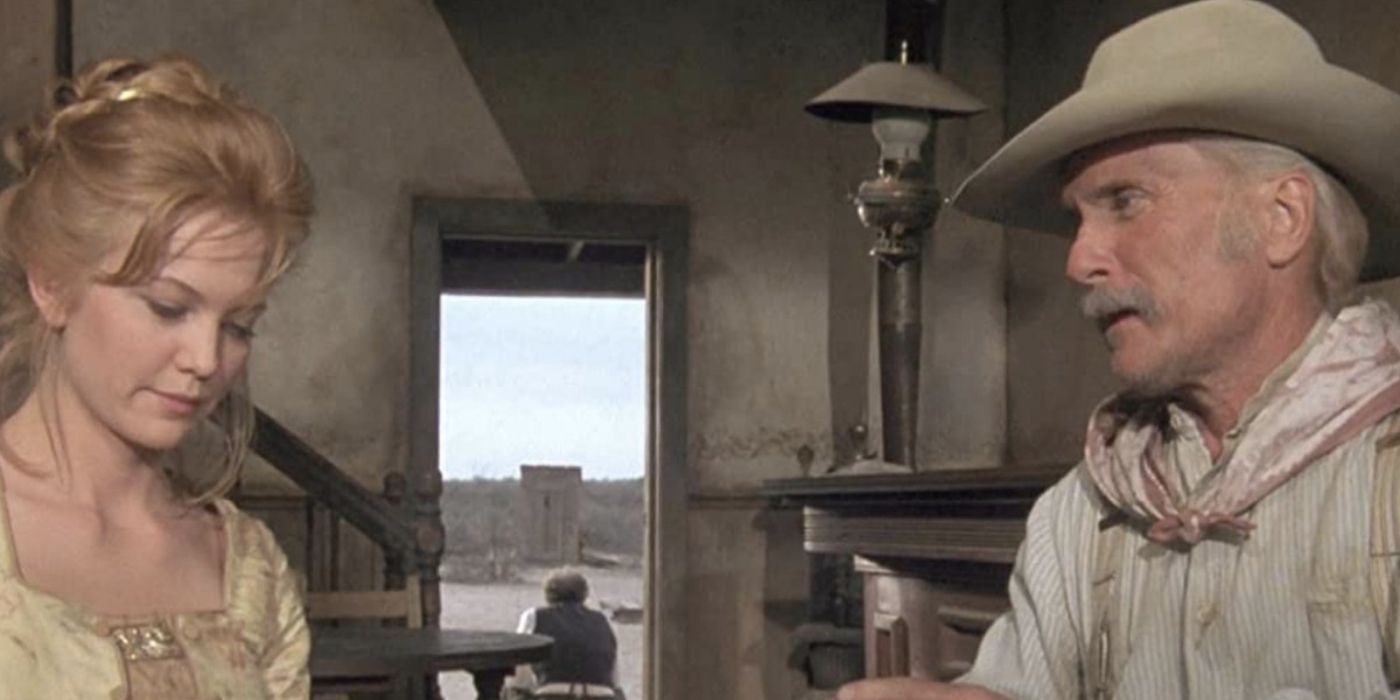
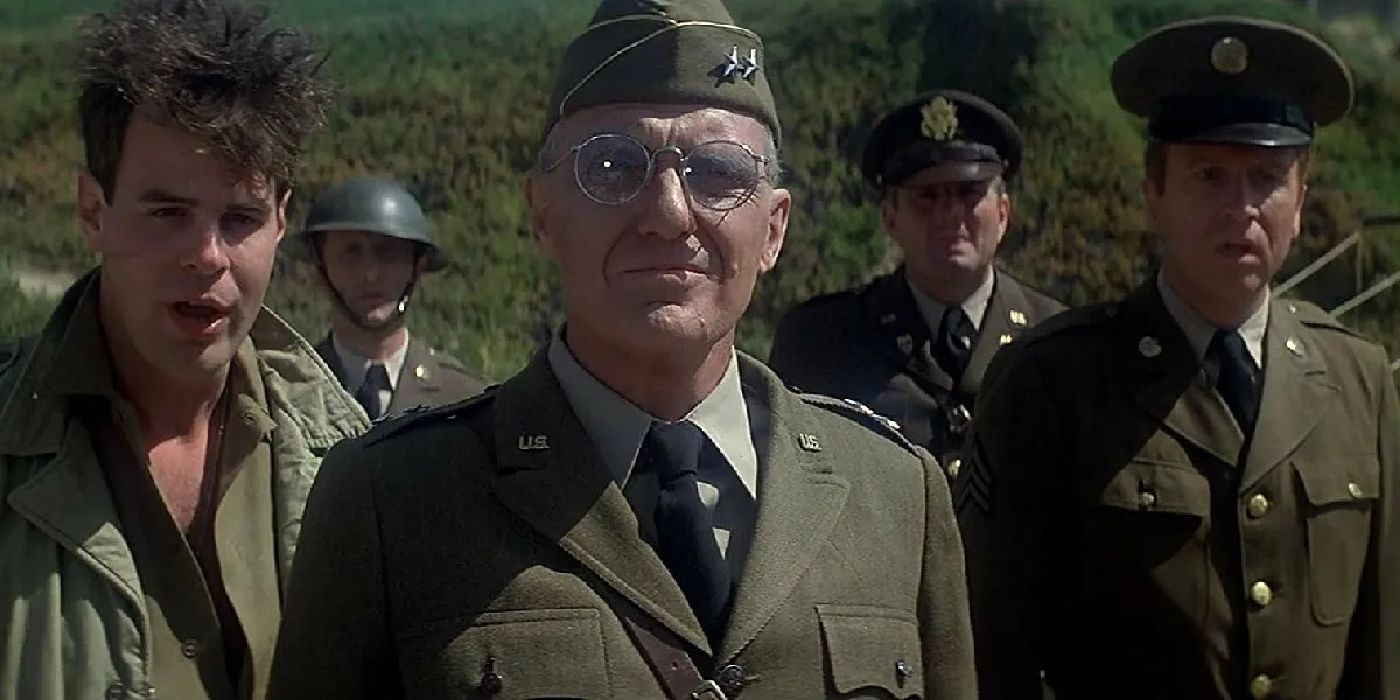
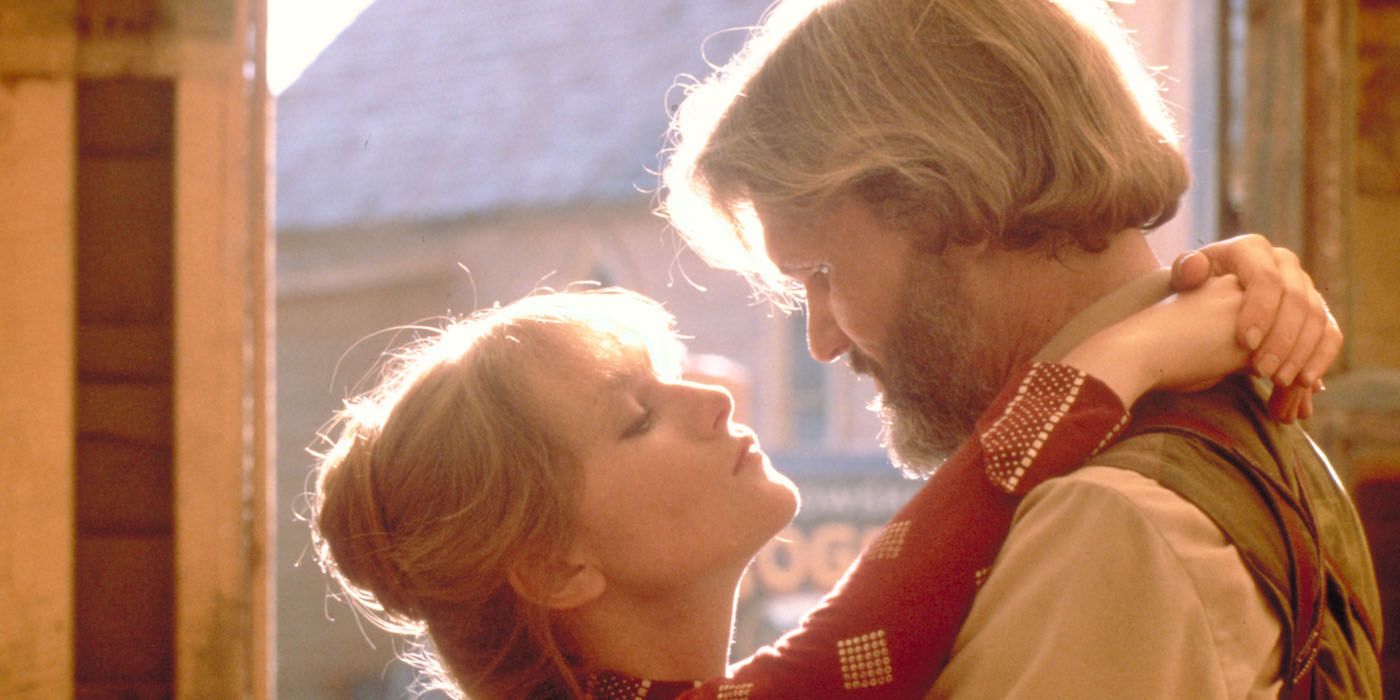
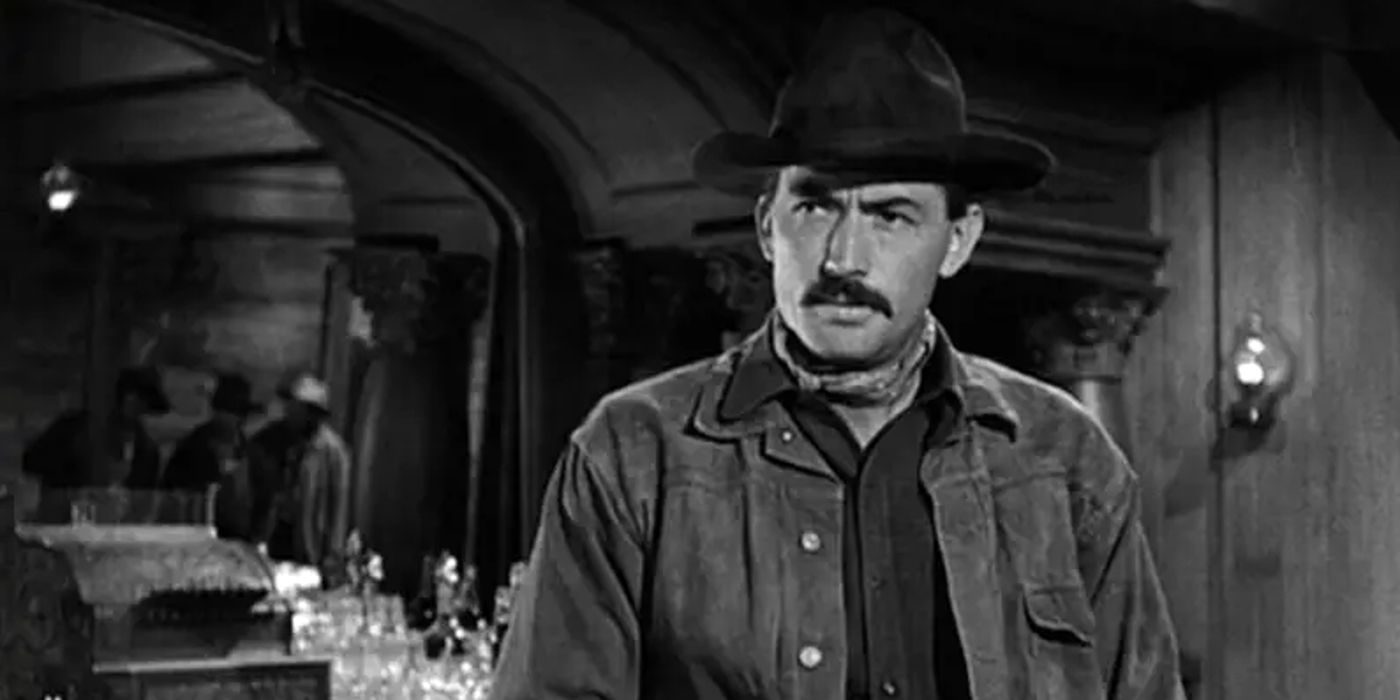
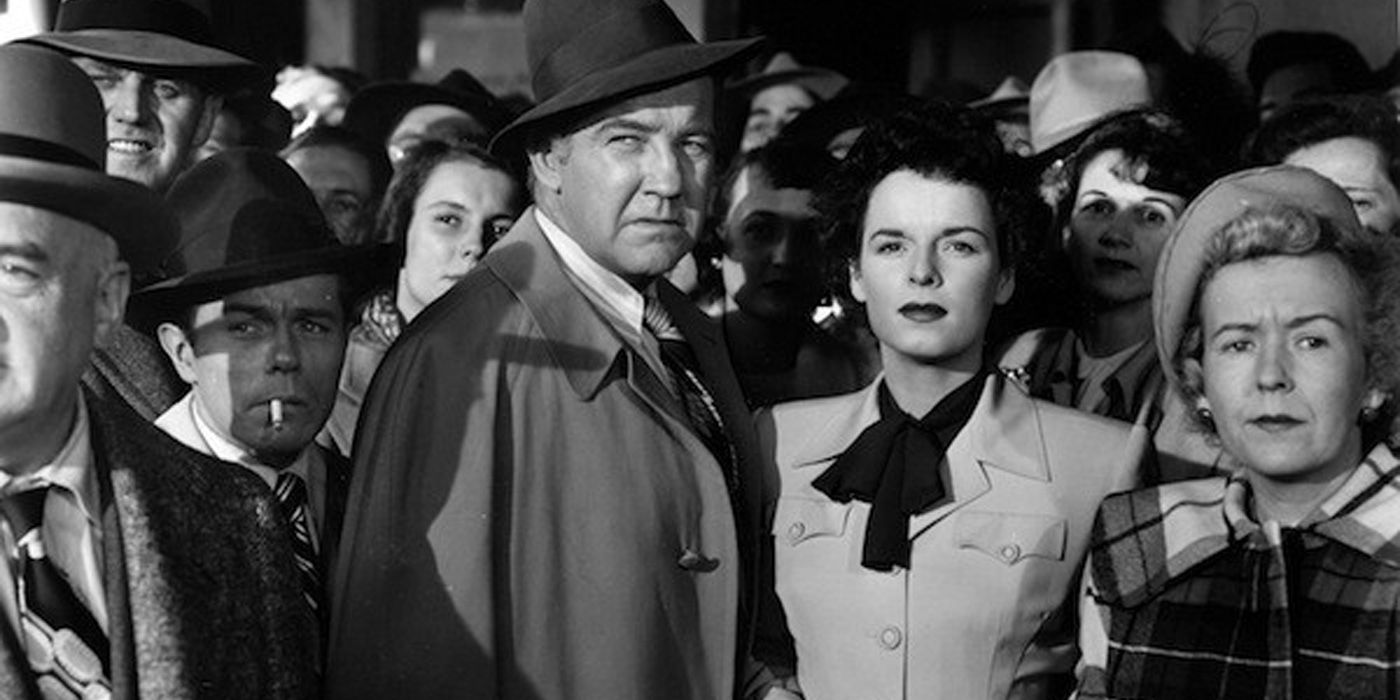
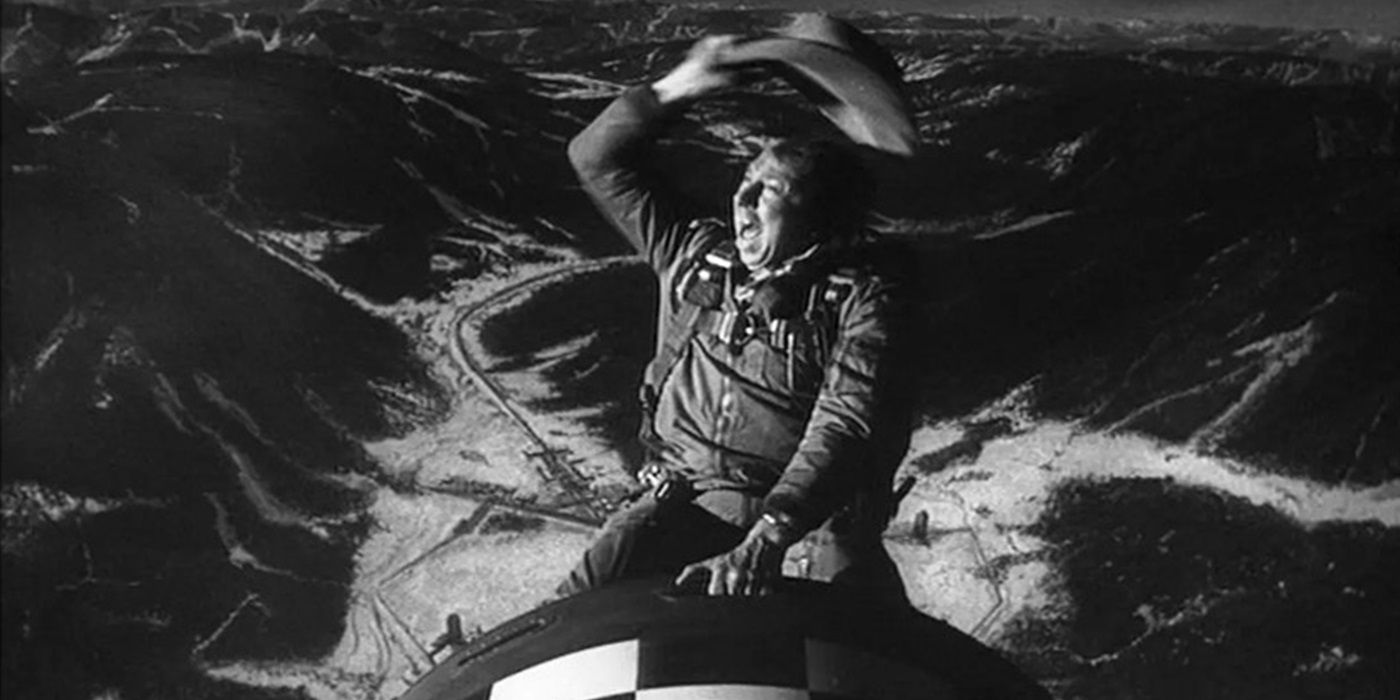
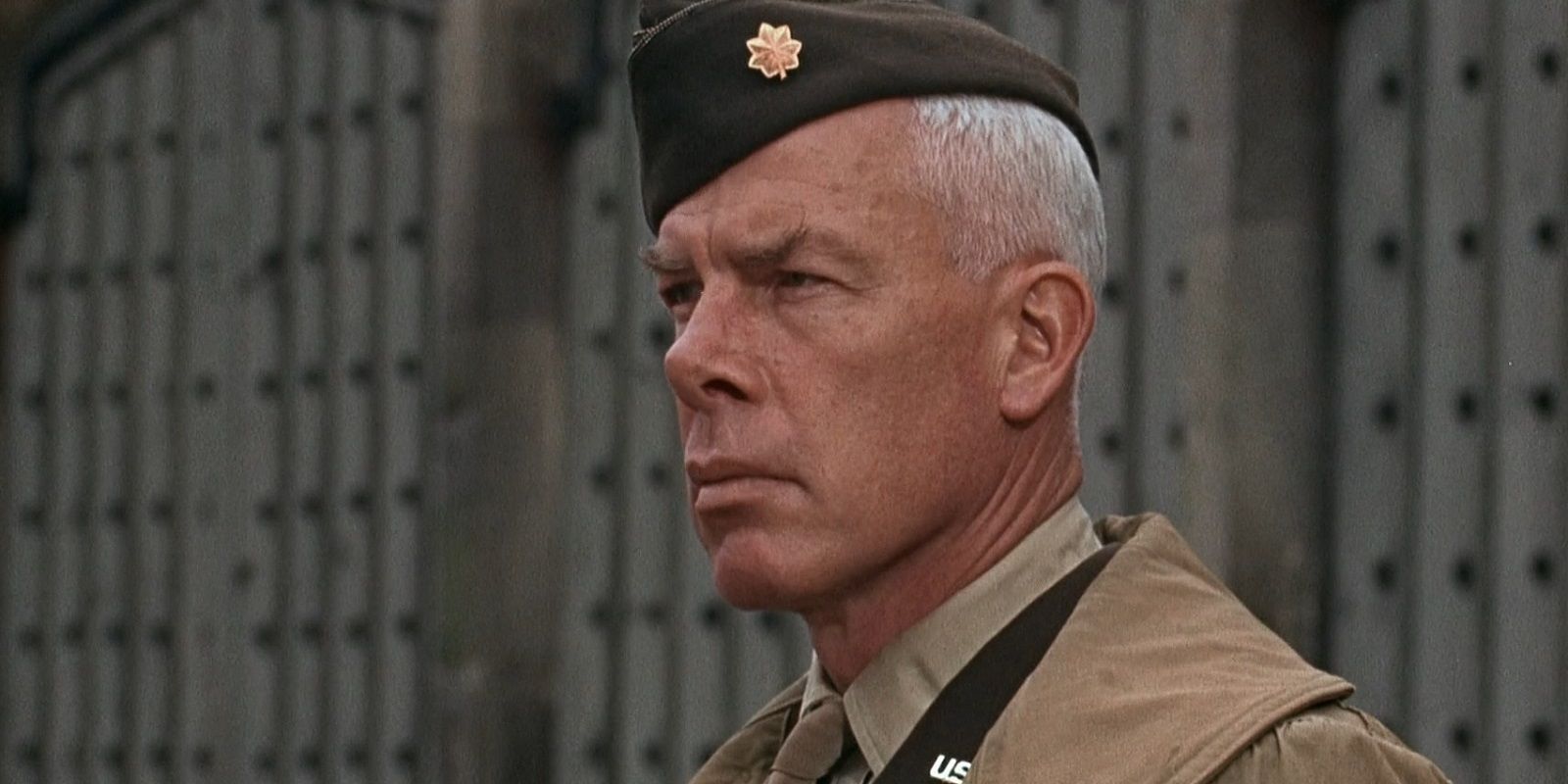
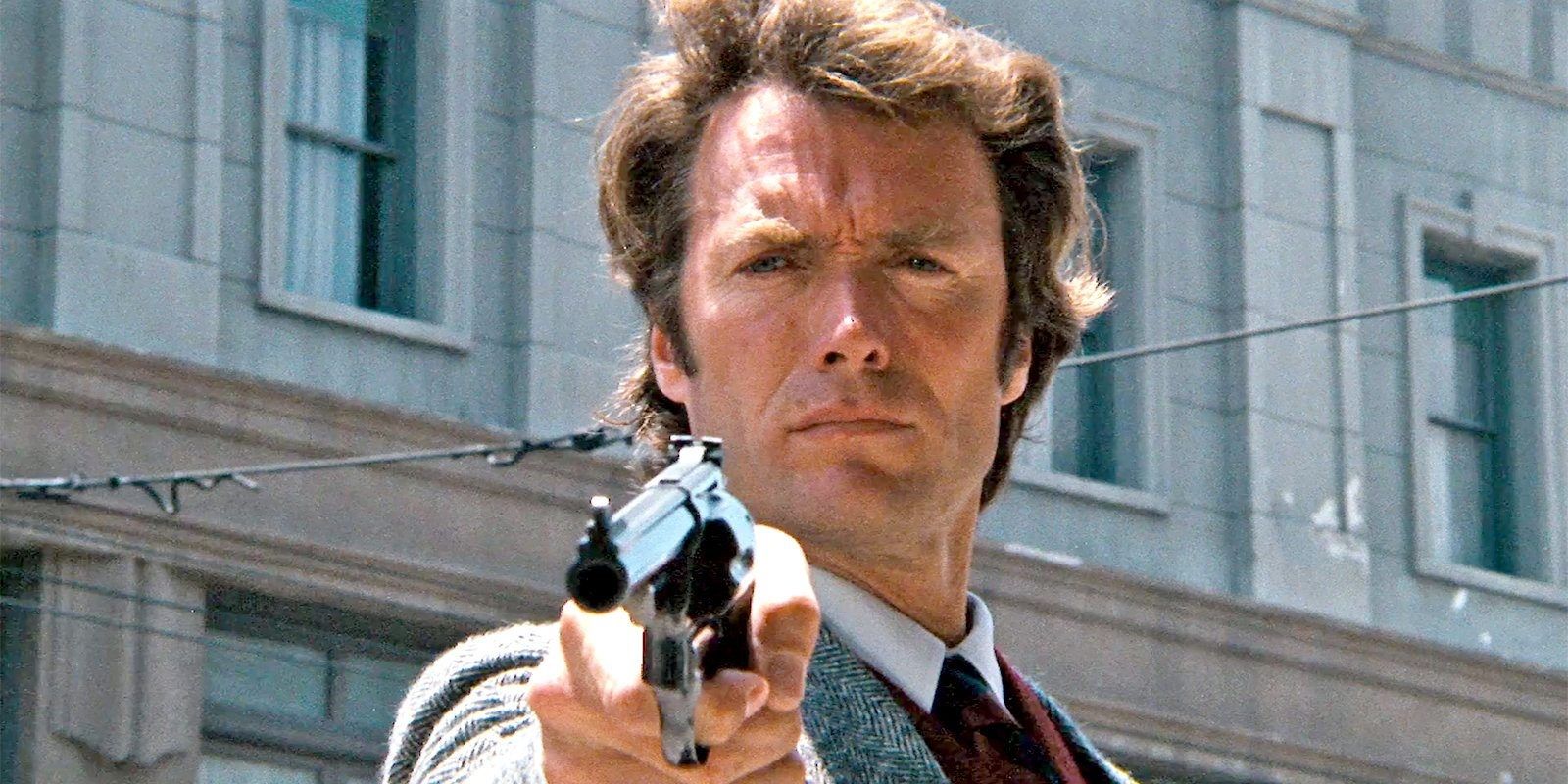
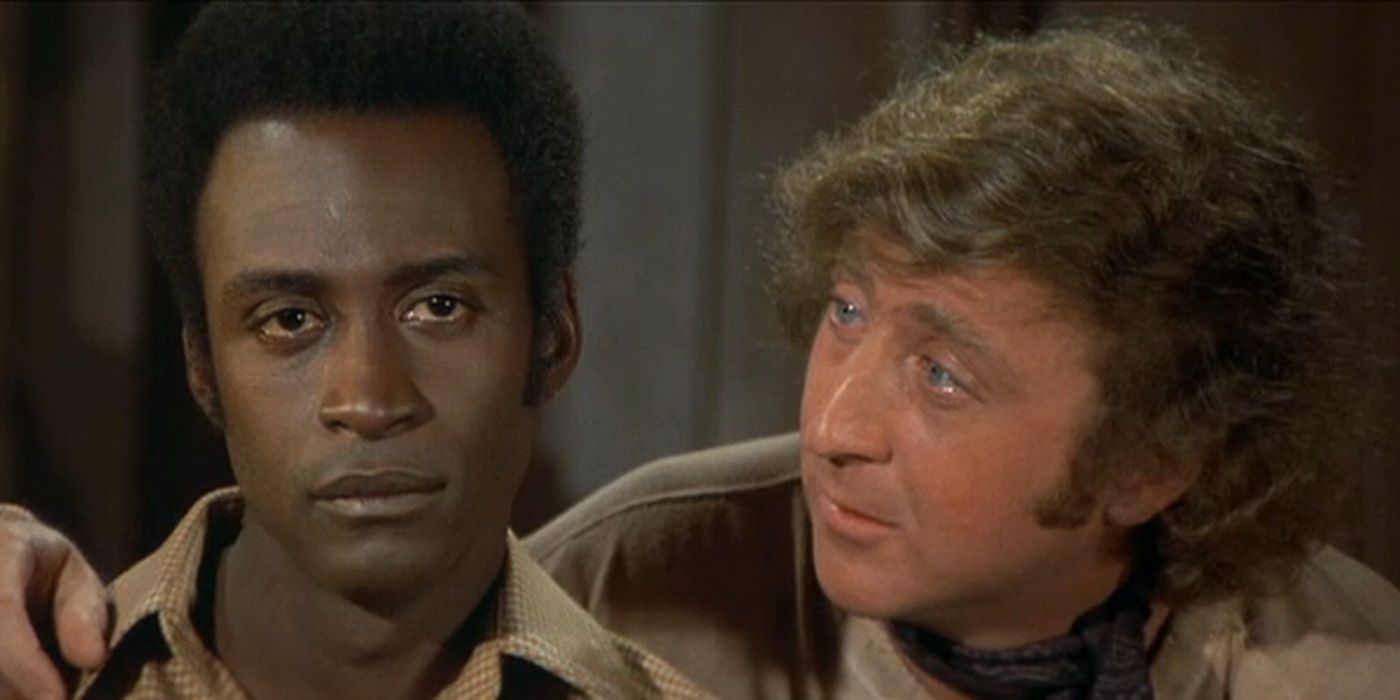
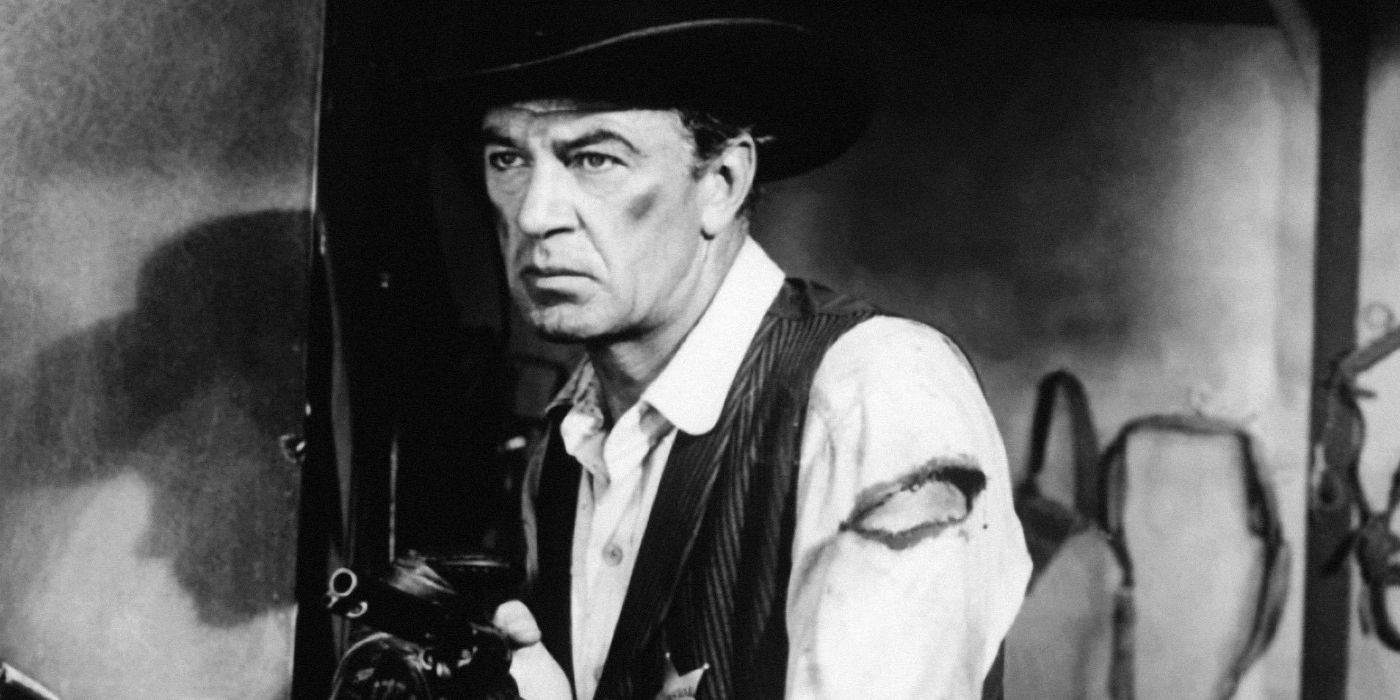



 John Wayne | Silver Screen Collection/Getty Images
John Wayne | Silver Screen Collection/Getty Images

